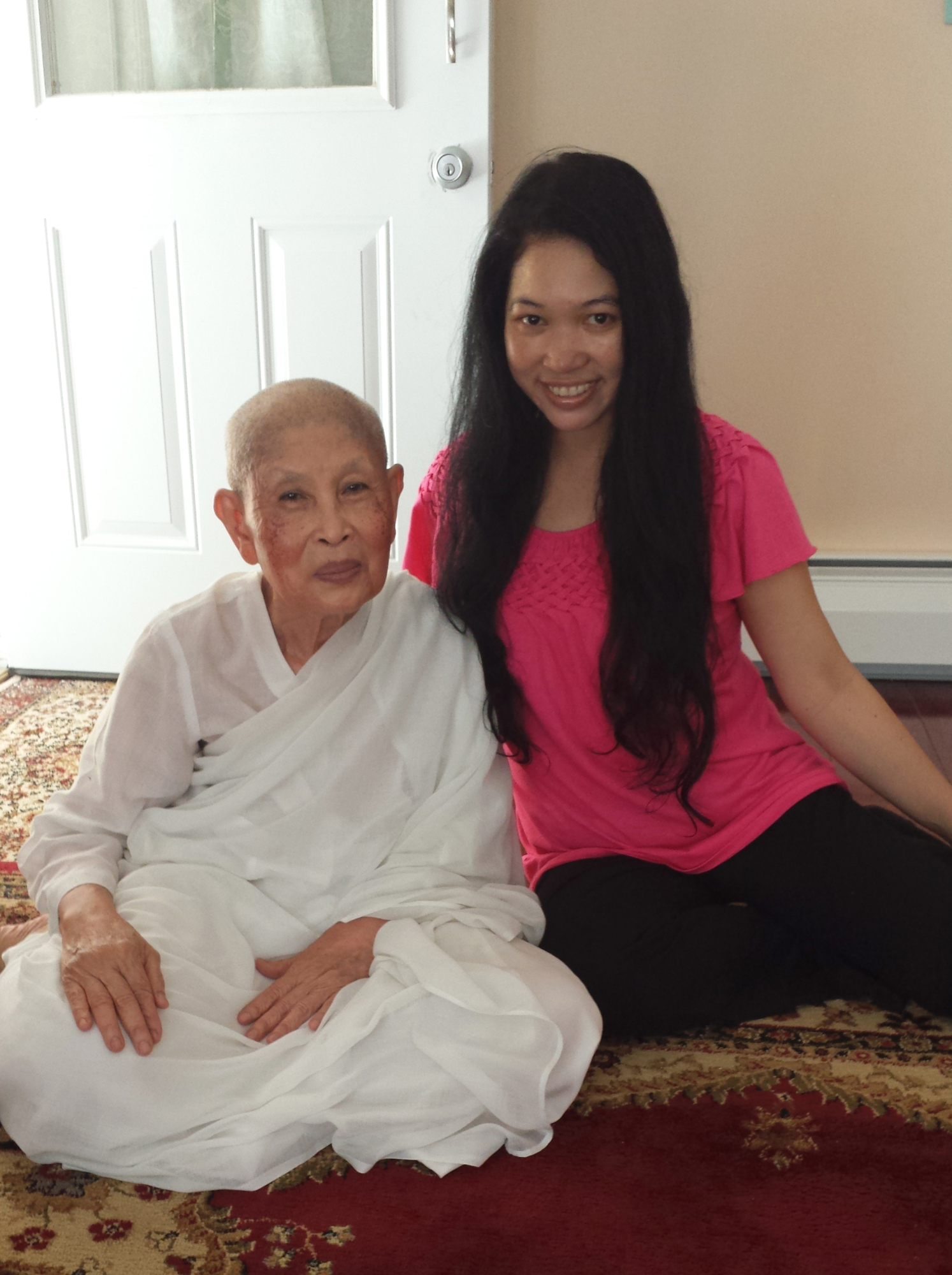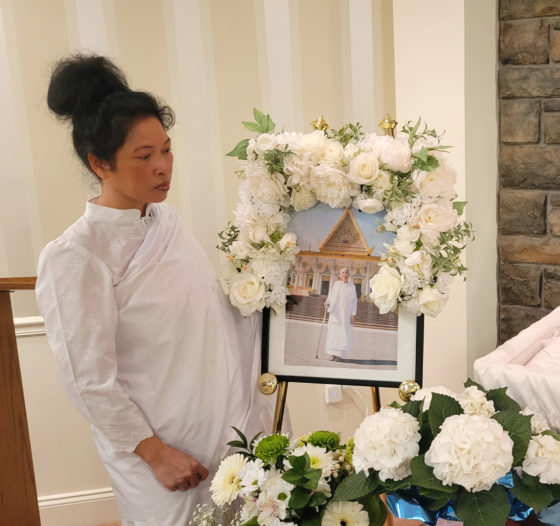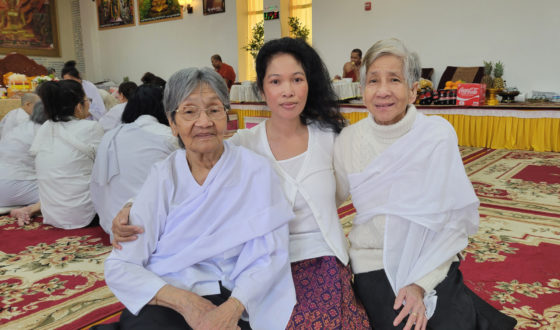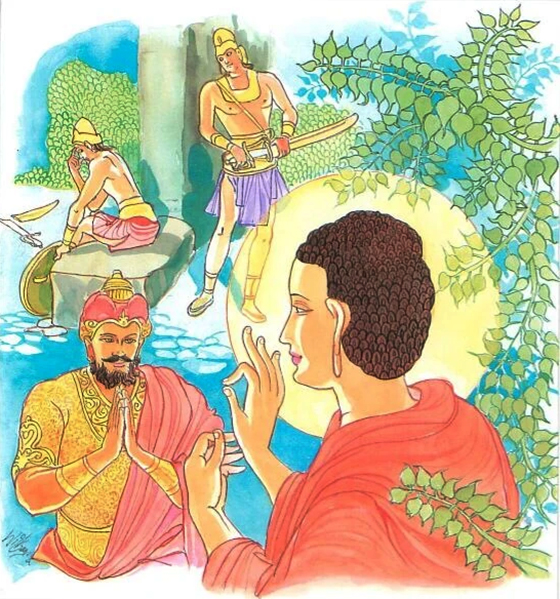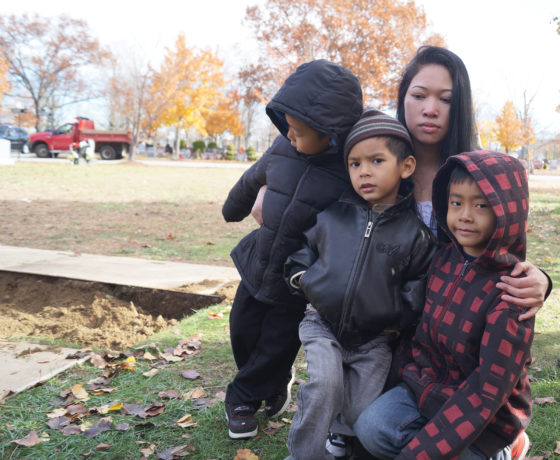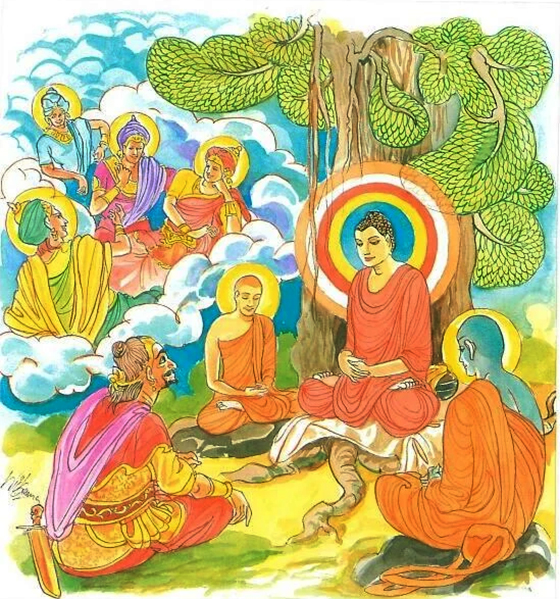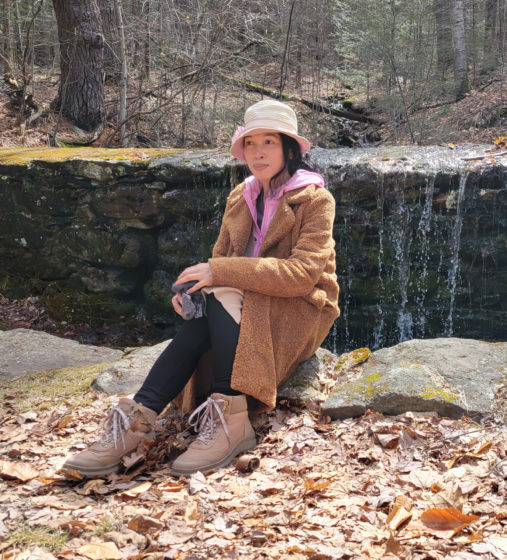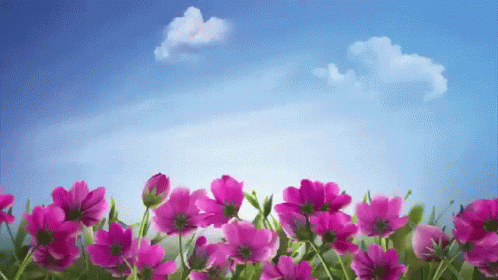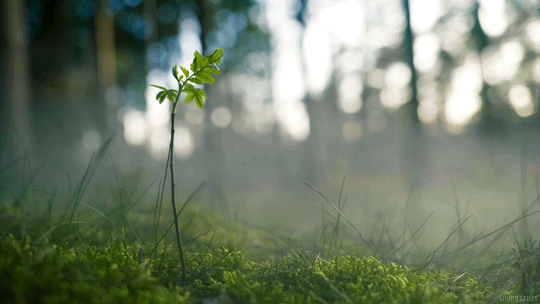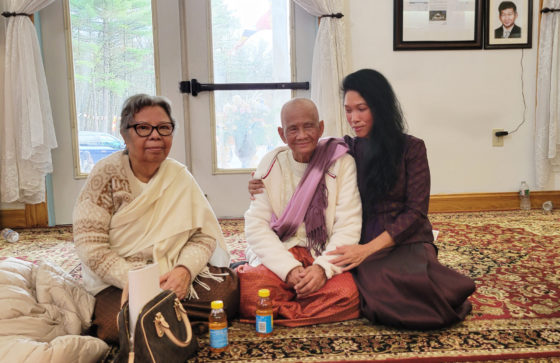
Verse 197: Indeed we live very happily, not hating anyone among those who hate; among men who hate we live without hating anyone.
Verse 198: Indeed we live very happily, in good health among the ailing; among men who are ailing we live in good health.
Verse 199: Indeed we live very happily, not striving (for sensual pleasures) among these who strive (for them); among those who strive (for them) we live without striving.
- aturesu/atura: ailing or ailment; moral ailment is meant here.
The Story of the Pacification of the Relatives of the Buddha
The Buddha uttered Verse (197) to (199) of this book, in the Sakyan country, with reference to his relatives who were quarrelling over the use of the water from the Rohini river.
Kapilavatthu the town of the Sakyans and Koliya the town of the Kolyans were situated on either side of the Rohini river. The cultivators of both towns worked the fields watered by the Rohini river. One year, they did not have enough rain and finding that the paddy and other crops were beginning to shrivel up, cultivators on both sides wanted to divert the water from the Rohini river to their own fields. Those living in Koliya said that there was not enough water in the river for both sides, and that if only they could channel the water just once more to their fields that would be enough for the paddy to mature and ripen. On the other hand, people from Kapilavatthu argued that, in that case, they would be denied the use of the water and their crops would surely fail, and they would be compelled to buy from other people. They said that they were not prepared to go carrying their money and valuables to the opposite bank of the river in exchange for food. Continue reading →
